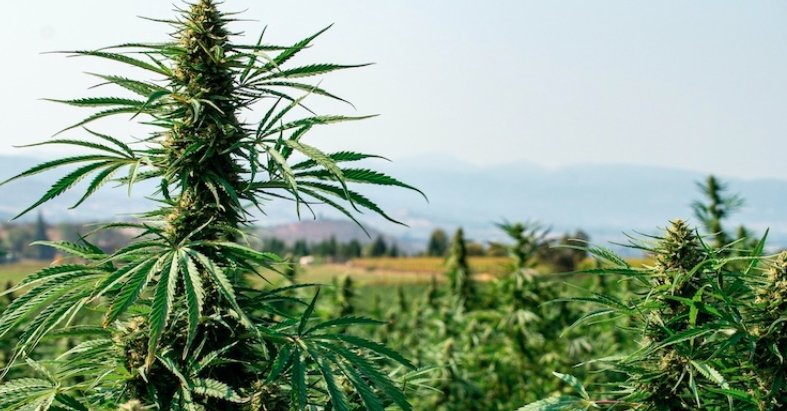Kansas lawmakers have voted to table a bill that aimed to create a medical marijuana pilot program in the state. The proposal faced early criticism from advocates who considered it excessively restrictive. The Senate Federal and State Affairs Committee held a hearing on the legislation a little over a week after its introduction. After hearing from supporters, opponents, and neutral parties, the committee decided to table the bill until January 13, 2025, effectively killing it for the current session.
Introduction
The proposed medical marijuana pilot program in Kansas sought to provide relief for patients while balancing legislators’ concerns and conservative viewpoints. By exploring a more limited reform through a pilot program, lawmakers aimed to address the state’s medical cannabis needs.

The Pilot Program Details
Under the bill, the Kansas Department of Health and Environment would oversee the program. Regulators could approve licenses for only four vertically integrated cannabis operators across the state. Pharmacies might also be permitted to sell medical marijuana. Patients with qualifying conditions, including cancer, post-traumatic stress disorder (PTSD), and chronic pain, would need certification from physicians to participate. However, the legislation imposed several restrictions, including a ban on smoking marijuana products. Vaporization was allowed, but with specific guidelines.
Key Provisions
- Product Types: The program would allow cannabis pills, tinctures, patches, and ointments.
- Purchase Limits: Patients could not buy more than 200 grams of cannabis for a 30-day supply.
- THC Cap: A 35% THC cap would apply to cannabis products.
- Taxation: Cannabis products would be taxed at 8%, with 20% of revenue allocated to a medical cannabis research and education fund.
The bill’s fate reflects Kansas’s cautious approach to medical cannabis, emphasizing a proof-of-concept pilot program over broader legalization.



